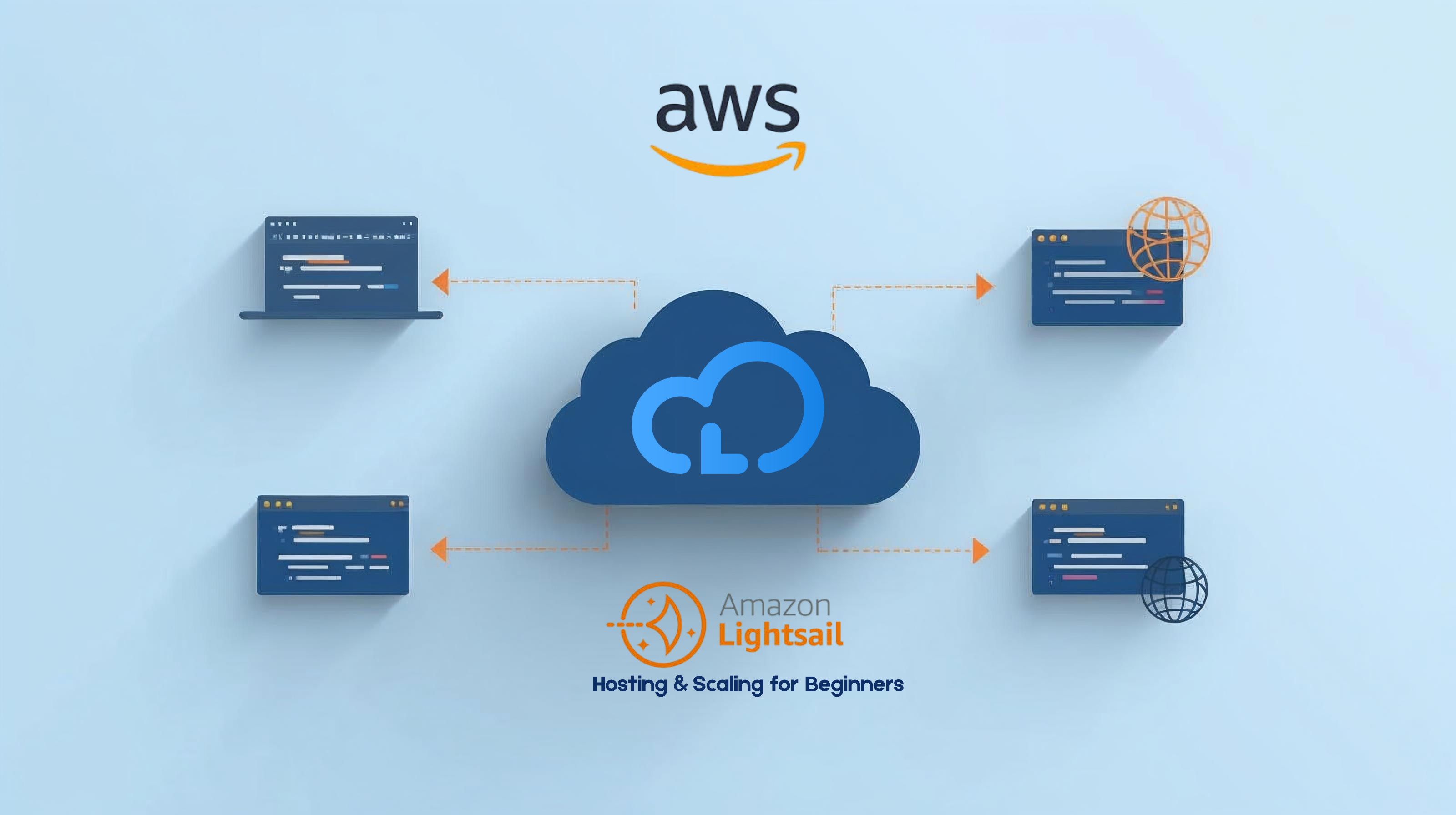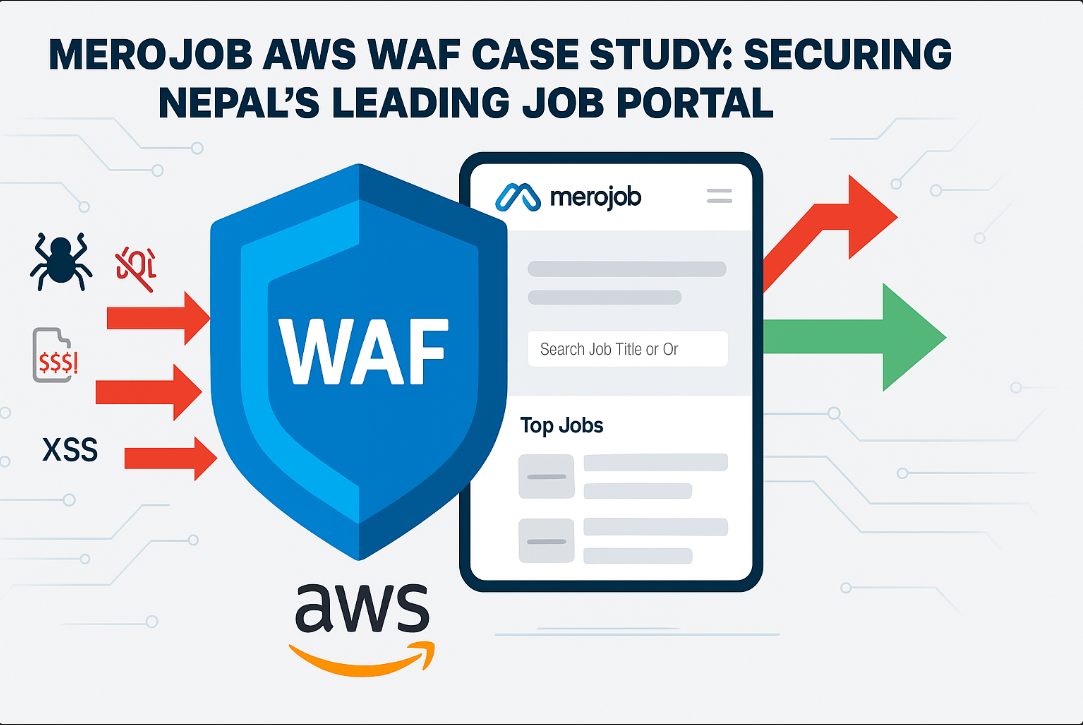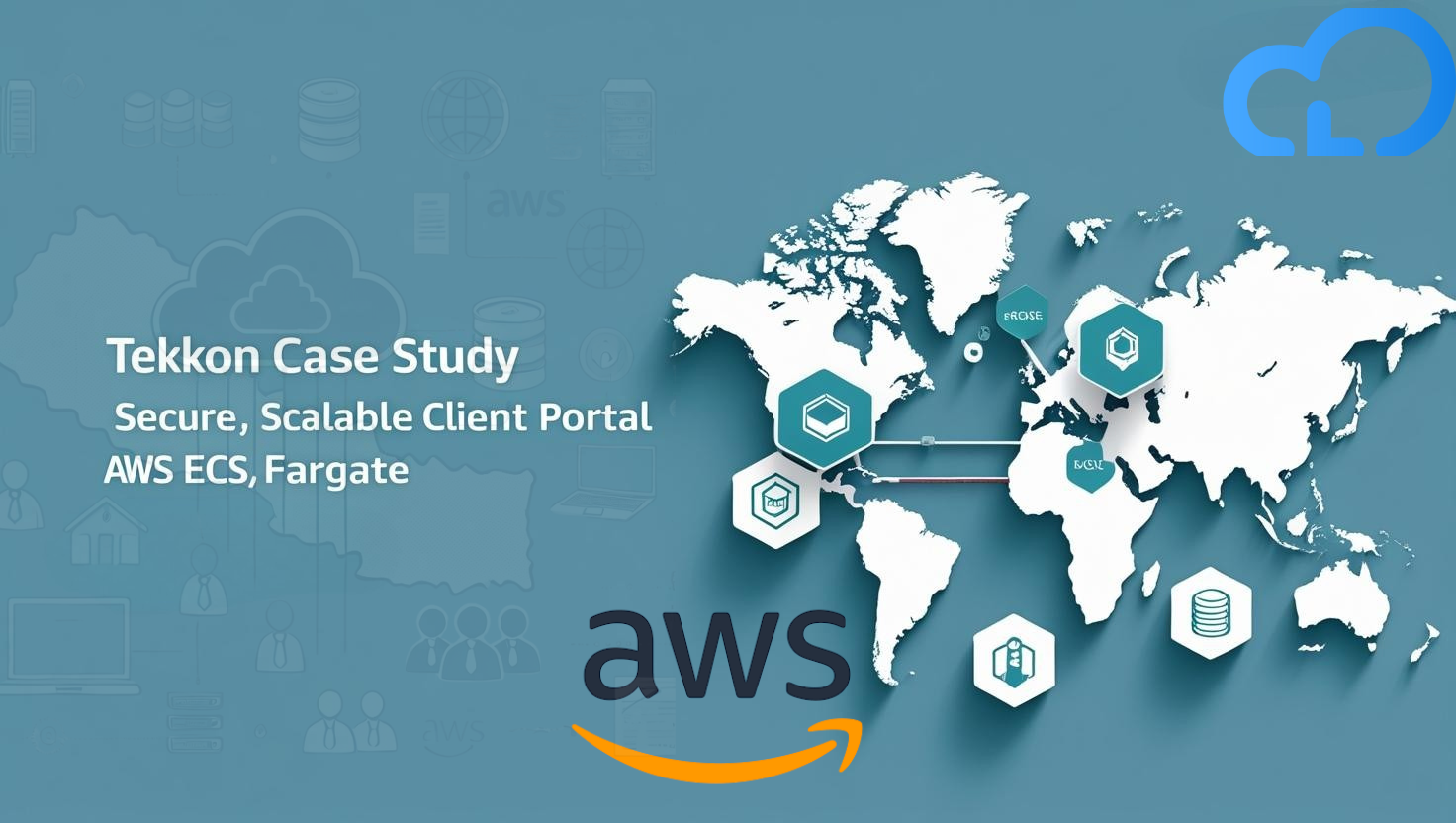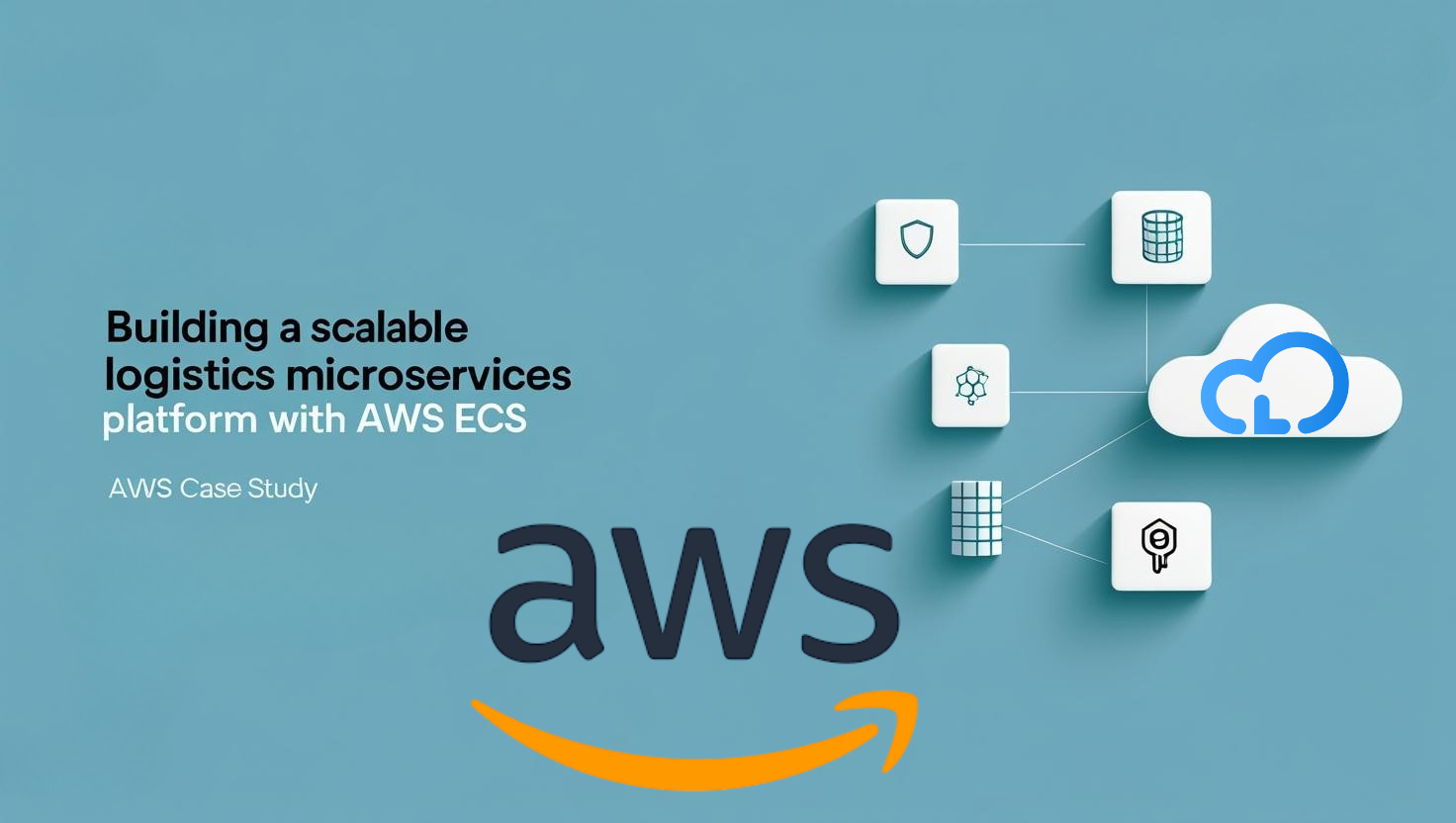
10x Growth Ready: Upaya’s Proven Logistics on AWS ECS Fargate
Upaya is redefining logistics in Nepal with a tech-powered, end-to-end delivery ecosystem. From on-demand parcels to full-truck loads, warehousing, and nationwide fulfillment, Upaya is building the logistics backbone of Digital Nepal. With its focus on speed, transparency, and inclusivity, the company empowers businesses and individuals alike to move goods seamlessly across the country. Upaya moved all its delivery applications into Amazon ECS with AWS Fargate, which allowed the team to run containers (small building blocks of apps) without worrying about servers. This made it easy to scale up during busy times and scale down when demand was low. An Application Load Balancer (ALB) was added to direct customer requests to the right service quickly. With SSL certificates from ACM, all communication was encrypted, keeping data safe. Passwords and keys were stored securely with Secrets Manager instead of hardcoding them. The company’s database was shifted to Amazon RDS, which automatically handles backups, updates, and even disaster recovery. This ensured customer orders and tracking information were always available and protected. With Amazon CloudWatch, the team could keep an eye on how the system was performing and receive alerts if something went wrong. AWS X-Ray helped trace issues across multiple services, making it easier to find and fix problems. By using Amazon ECR for storing application images and Fargate’s pay-as-you-go model, Upaya reduced costs, sped up deployments, and avoided paying for idle servers. 💡 Pro Tip AWS Fargate eliminates the need to provision and manage servers, allowing teams to focus on application development rather than infrastructure management. The AWS ECS implementation delivered measurable business outcomes for Upaya: reduced DevOps overhead by 60%, achieved 99.9% uptime during peak logistics seasons, and cut infrastructure costs by 40% through Fargate’s serverless model. Key technical wins include zero-downtime deployments, automated horizontal scaling, and comprehensive observability across all microservices. The containerized architecture now supports Upaya’s expansion into new service lines without additional infrastructure complexity. ROI achieved within 6 months through operational efficiency gains and reduced time-to-market for new features. This scalable foundation positions Upaya to handle 10x growth while maintaining current operational team size. Transform Your Business With Cloud Excellence ? Schedule a session with our experts to discuss your cloud solutions.Client Overview
Business Challenges for Upaya
Solution Implemented
1. Running Services on the Cloud
2. Safe and Reliable Access
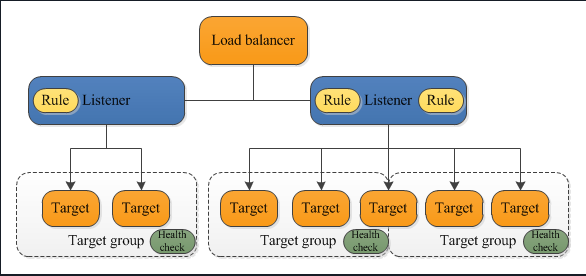
3. Strong Database Foundation
4. Better Monitoring and Troubleshooting
5. Cost and Efficiency Gains
Results and Benefits
Conclusion
